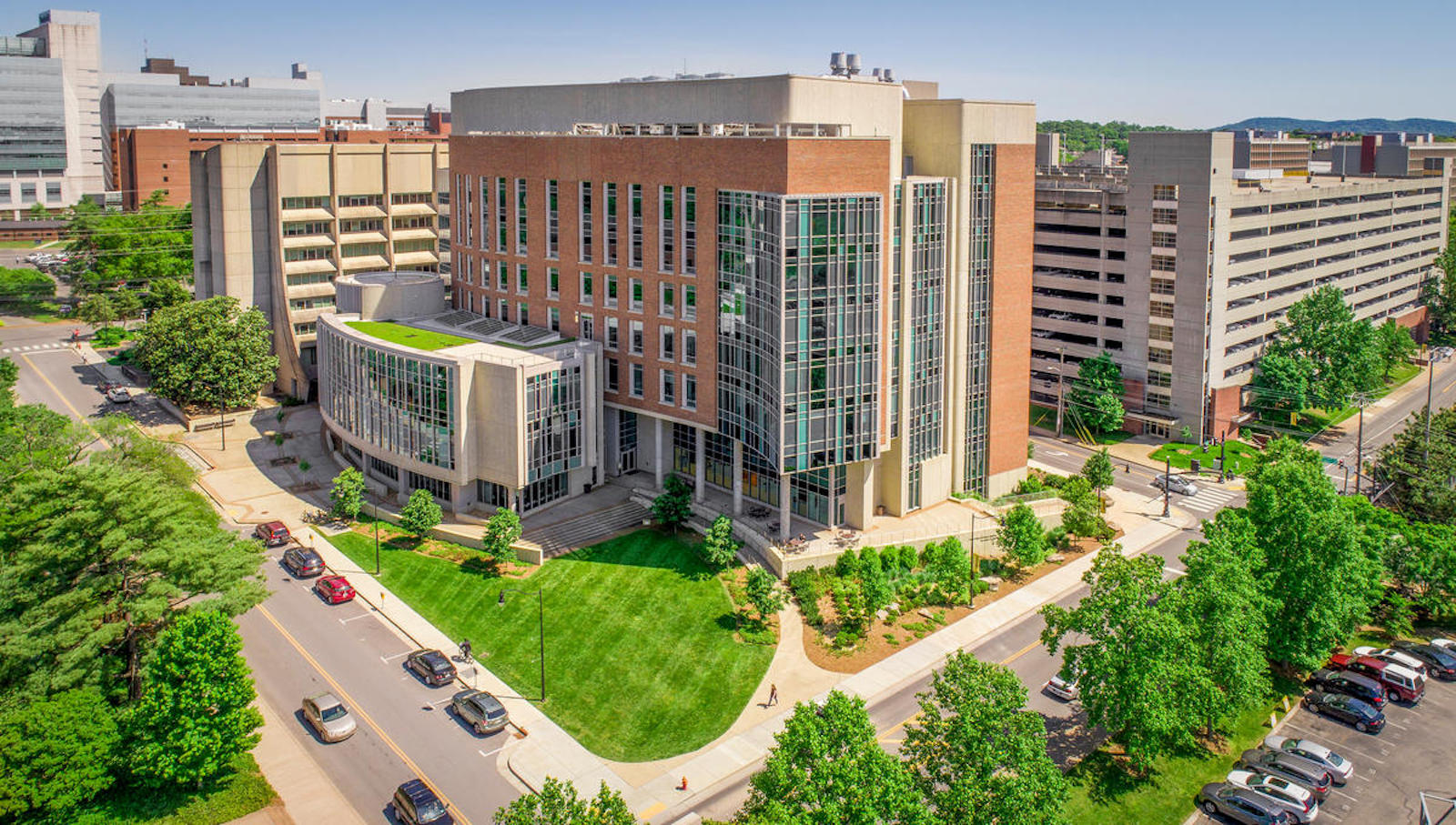Two popular undergraduate minors have found new homes on campus. Beginning in fall 2024, the Hoogland Undergraduate Business Program will be housed at the Owen Graduate School of Management, while data science will become the 10th minor offered by the School of Engineering.
These programs, which launched in 2017 and 2021, respectively, will move from the Office of the Provost to the schools that are best aligned with their academic content. This gives students declaring those minors the best access to the most relevant resources for their success.
“By aligning these minors with their respective schools, students will now have seamless access to dedicated faculty advisers and immersive learning experiences that are closely tailored to their academic pursuits,” Provost and Vice Chancellor for Academic Affairs C. Cybele Raver said.
The moves also reflect the confidence Raver has in Krishnendu Roy, who joined Vanderbilt this fall as Bruce and Bridgitt Evans Dean of Engineering, and in Tom Steenburgh, who was named the Ralph Owen Dean of the Owen Graduate School of Management earlier this year.
In the seven years since the launch of the trans-institutional business minor, the program has experienced tremendous growth, said Gary Kimball, Sauereisen Director of the Hoogland Undergraduate Business Program.

This academic year there are 900 students who have declared business minors, across more than 40 majors and all four undergraduate schools.
Kimball credits the program’s success to its innovative design—a set of fundamentals courses are taught by Owen faculty, with elective course options taught in each of the four undergraduate schools—as well as to Susan Hoogland, BS’82, and Keith Hoogland, BA’82, who made a $5 million commitment on behalf of their family in support of the program.
This unique combination is designed to explore the societal context of business while complementing the robust liberal arts education students receive at Vanderbilt. Primarily a behind-the-scenes change, the move to Owen will be a seamless transition for students now pursuing the minor.
“The move to Owen does not change the structure of the minor,” Kimball said. “It is still very much a shared program between Owen and the College of Arts and Science, as well as the other undergraduate schools. Working more closely with Owen and having access to Owen’s resources will enable us to augment our curriculum as well as expand our co-curricular offerings.”
“Vanderbilt already does an outstanding job of attracting high-achieving, well-rounded students and honing their ability to innovate and problem-solve,” Steenburgh said.
Housing the Hoogland Undergraduate Business Program within Owen will only aid in this, he said, as it will give students expanded opportunities to develop theoretical and practical business expertise, try their hand at tackling complex problems and make important connections with business leaders.
“No matter where their passions may take them or where their primary degree programs are located on campus, we will prepare our undergraduate students to make meaningful contributions to their fields and thrive,” he said.
The data science minor takes a similar trans-institutional approach and is a testament to the collaborative spirit within Vanderbilt, bringing together ideas and expertise from all four undergraduate schools and the Vanderbilt Data Science Institute.

Now in its third year, the minor has almost 600 students from across all four undergraduate schools and representing more than 50 majors within the university.
“The minor is designed to be universally accessible,” said Charreau Bell, faculty director of the minor and senior data scientist with the Data Science Institute. “The data science minor has played a pivotal role in demystifying technology, making programming, data analysis and machine learning approachable and engaging for all. As these skills become increasingly foundational in today’s society, this move ensures that every member of our community is equipped to thrive in our digital age, and it fosters a university-wide culture of innovation and continuous learning.”
The decision to move the data science minor into the School of Engineering was a straightforward one, viewed as a strategic step toward enhancing this accessibility. This move formalizes its connection to the engineering school and provides those students with additional support from faculty and access to diverse immersion experiences in basic and applied research.
Harrison Yu, Class of 2024, is pursuing a data science minor along with majors in economics and psychology.
“The data science minor equips me with the tools and techniques to approach complex questions in a data-driven manner,” he said. “Choosing data science as a minor was a deliberate decision driven by my passion for both economics and psychology. Studying data science alongside economics and psychology enhances my understanding of these fields and allows me to contribute more effectively to both disciplines.”